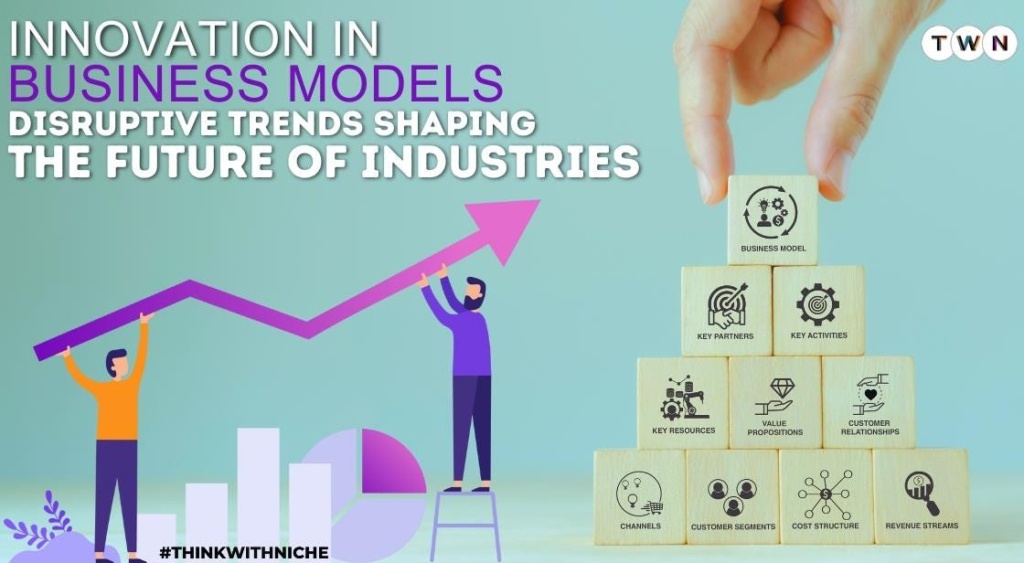In today’s dynamic business landscape, innovation in business models has emerged as a critical determinant of success and sustainability. Traditional approaches to value creation and delivery are being challenged by disruptive trends reshaping industries across the globe.
From technological advancements to shifting consumer behaviors, a myriad of factors is driving the evolution of business models, compelling organizations to adapt or risk obsolescence.
At the heart of this transformation lies the imperative to rethink how value is conceptualized, captured, and delivered to customers. Disruptive trends such as digitalization, globalization, and sustainability are reshaping the fundamental dynamics of industries, prompting businesses to explore new avenues for differentiation and competitive advantage.
Digitalization has democratized access to markets and information, empowering consumers and enabling new forms of interaction and engagement. As a result, traditional business models built around physical assets and linear value chains are being disrupted by digital platforms and ecosystems that thrive on connectivity and data-driven insights.
Unveiling Business Revolution: Disruptive Trends Reshaping Industries
1. Innovation in Business Models: Disruptive Trends
Redefining Business Landscapes:
Innovation in business models refers to the introduction of new strategies, methods, or approaches that challenge traditional norms and reshape the way industries operate. These innovations often stem from emerging technologies, changing consumer behaviors, and evolving market dynamics.
Embracing Digital Transformation:
One of the key disruptive trends in business models is the widespread adoption of digital transformation. Companies are leveraging digital technologies such as artificial intelligence, big data analytics, and cloud computing to streamline operations, enhance customer experiences, and create new revenue streams.
Shift Towards Subscription-Based Models:
Another prominent trend is the shift towards subscription-based business models. From streaming services to software as a service (SaaS) platforms, companies are offering subscription-based solutions that provide recurring revenue streams while offering customers flexibility and convenience.
Exploring Platform Economies:
Platform economies have emerged as a dominant force in various industries. Companies like Uber, Airbnb, and Amazon have created platforms that connect buyers and sellers, service providers, and consumers, disrupting traditional business models and redefining value chains.
Adoption of Agile Business Strategies:
Agile business strategies have become essential for organizations looking to thrive in today’s fast-paced and unpredictable market environments. By embracing agility, companies can quickly respond to changing customer needs, market trends, and competitive pressures, enabling them to stay ahead of the curve.



